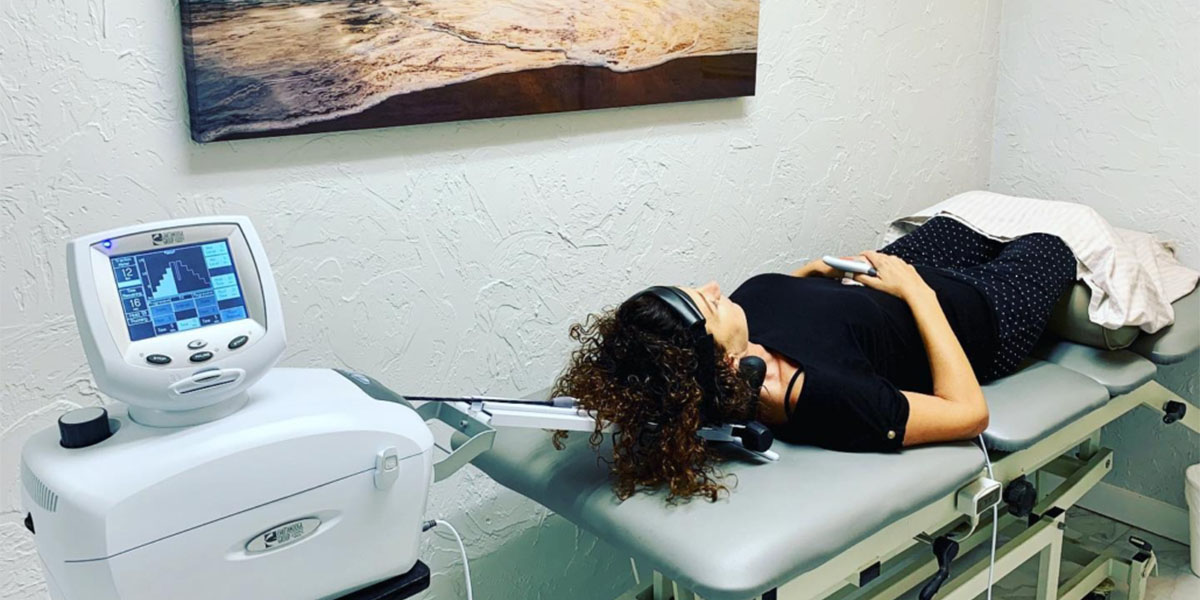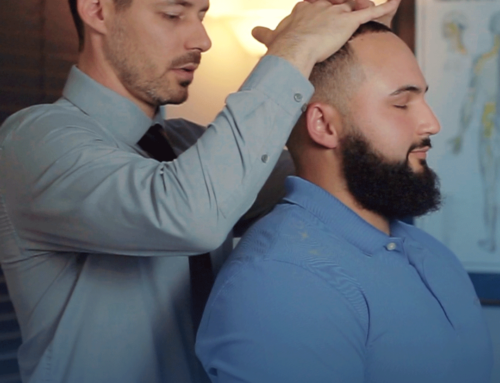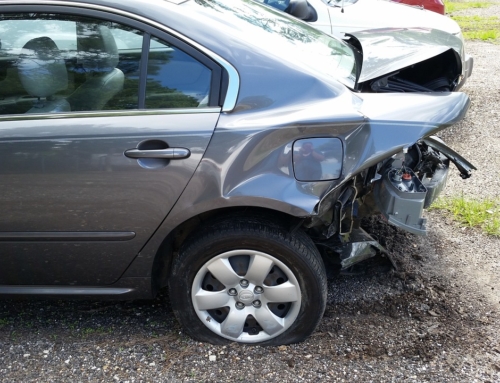Unfortunately, car accidents are all too common in the Sunshine State. The Florida Highway Safety and Motor Vehicles Department reported 5,749 crashes in just the first six weeks of 2023, which resulted in 2,331 injuries. One of the most common car accident injuries is whiplash. In fact, it is so common that many people dismiss the pain and discomfort they experience, hoping it will just go away. Whiplash is often neglected, treated incorrectly, or not treated at all.
However, whiplash can have more serious long-term implications and should not be dismissed. Here’s what you need to know.
What Exactly is Whiplash?
Whiplash is an injury to the neck resulting from a rapid back-and-forth head and neck movement. This type of injury is most often associated with vehicle collisions but can also occur after a fall or roller coaster ride. Neck pain is the most common symptom, but victims may also experience headaches, nausea, vomiting, dizziness, muscle spasms, or vision problems.
Because of the rush of adrenalin that typically occurs after a traumatic incident, people may not realize they have been injured for hours or even days after the accident. This is why it is essential to have a chiropractor or doctor evaluate your condition, even if you feel fine. Once the pain arrives, it may last for only a few days, but some people suffer persistent pain and whiplash symptoms for months or even years.
Accident victims should never assume that injuries are insignificant, as injuries to the head and neck can render the body unstable and cause further complications.
Important! After an accident, individuals need to seek medical care from a Chiropractor, Walk-in clinic, MD, or hospital within 14 days of the accident.
How is Whiplash Treated?
Whiplash is an actual medical condition that necessitates medical attention and treatment. If the proper treatment for this condition is not provided, the risk of long-term chronic pain and symptoms increases. Whiplash treatment aims to reduce pain and restore the normal range of motion in the neck. While appropriate treatment will depend upon the severity of the injury, the following methods are most often utilized.
Hot and Cold Therapy: Alternating the application of ice and heat packs is a standard at-home treatment. Ice reduces pain, swelling, and inflammation, while heat can relieve painful, stiff, or tense neck tissue.
Foam Collars: A foam collar keeps the neck stable and in a natural healing position that avoids strain. Proper positioning and relaxation techniques will protect the neck muscles from becoming too stressed, accelerating recovery.
Rest: For those with neck pain, soreness, or difficulty with mobility, rest can be therapeutic. However, prolonged immobilization can result in more pain, so try not to rest for more than a few days. If pain persists, visit a chiropractor.
Gentle Exercises: Gentle stretches and movements are associated with fewer long-term symptoms such as headaches, nausea, and vomiting and prevent muscles from becoming weak or tense.
How Chiropractic Adjustments Help to Heal
Chronic pain resulting from a whiplash injury does not always have an easily identifiable cause, but the chiropractor will evaluate you to determine if the pain is due to a damaged neck joint, a broken neck bone, or a spinal cord injury.
Chiropractors make manual adjustments to the spine to increase the range of motion and minimize pain.
Chiropractic treatments may also include:
- Spinal manipulation gently moves the affected joint into the direction in which it is restricted.
- Cold laser therapy to isolate and treat areas of inflammation
- Therapeutic ultrasound and electrical muscle stimulation to reduce muscle tension and stiffness
- Muscle relaxation and stimulation techniques ease tension and stiffness.
- Ergonomic and lifestyle changes allow the neck and spine to heal and grow stronger.
Chiropractic care is one of the primary avenues to natural and holistic healing after an accident; insurance companies typically provide coverage for treatments. If you have been involved in a car accident and require treatment for these symptoms, call Dr. Ryan Johnson today.




